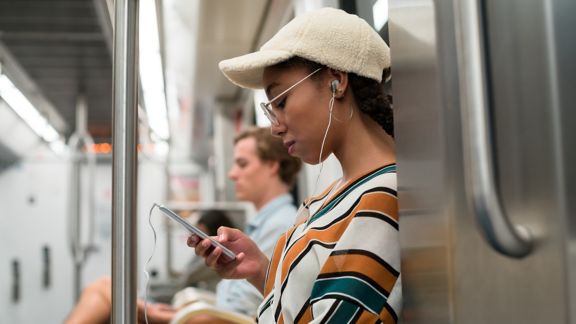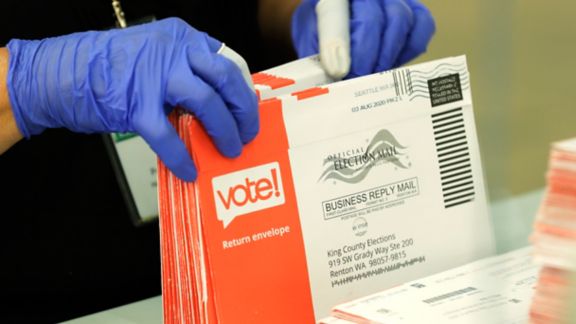2016 Cuban Public Opinion

The Republic of Cuba is one of the United States’ nearest neighbors, but tight restrictions on the movement of information and people over the past 60 years means we know little about Cubans’ opinions about their society. A 2016 survey conducted by NORC at the University of Chicago provides a rare glimpse inside Cuban society to understand citizens’ daily experiences, their attitudes, and the goals they aspire to for themselves and their country.
After decades of economic sanctions and travel bans established by both the United States and Cuba during the Cold War, former U.S. President Barack Obama announced a normalization of diplomatic relations with Cuba in December 2014. The two countries have not had formal diplomatic relations since the U.S. Embassy in Havana and the Cuban Embassy in Washington, DC, each closed in 1961, and these restrictions have meant that few Cubans have legally traveled to the United States and few Americans have visited Cuba, over the past 60 years.
The nationally representative survey, conducted in the fall of 2016, revealed that Cubans were excited to see these restrictions come down. Most believed a normalization of diplomatic relations with the United States would be a positive change for Cuba. They were hopeful it would lead to expanded economic opportunities and a greater ability to visit the United States. Although generally positive about the impacts of normalizing relations with the United States, Cubans did express some concerns about the impact such openness would have on Cuban culture.
Cuban attitudes toward the economy, both present and future, were generally pessimistic. Although there is some private enterprise, Cuba’s state-controlled economy means that the vast majority of sectors are owned and operated by the regime. Few Cubans perceived their economy as excellent or good, and most said the situation had not changed recently. Most Cubans also believed the country’s economic situation would either remain the same or deteriorate in coming years.
The survey also revealed that Cubans wanted to see fundamental changes to the economy, with a majority saying there should be more private enterprise, and many revealing a personal goal of owning their own business. Additionally, fully 95 percent prioritized a high level of economic growth as an important goal for the country, and more than two-thirds viewed competition in the marketplace as a positive force for this growth.
The flow of objective and unbiased news and information in and out of Cuba is limited, as private ownership of mass media is prohibited. Although few Cubans access foreign media sources, the survey revealed access to be a consistent characteristic differentiating attitudes within the Cuban population. Those who accessed foreign media tended to be younger and more avid news consumers overall. In terms of their attitudes, they were more positive about the national economy and their personal financial situations. They were more likely to be critical of some aspects of Cuban society, for example saying pollution, unemployment, terrorism, access to medical care, and access to education were serious problems for Cuba. And Cubans who accessed foreign media were also more likely to set aspirational goals such as traveling abroad, starting their own business, and buying a car or home.
Funded and conducted by NORC at the University of Chicago, the survey featured a national random route-sample of adults 18 years and older in Cuba and yielded in-person interviews of 840 adults with a main field period between October 3 and November 26, 2016.
Related Tags
Project Leads
-
Jennifer Benz
Vice PresidentSenior Staff -
Trevor Tompson
Senior Vice PresidentSenior Staff








